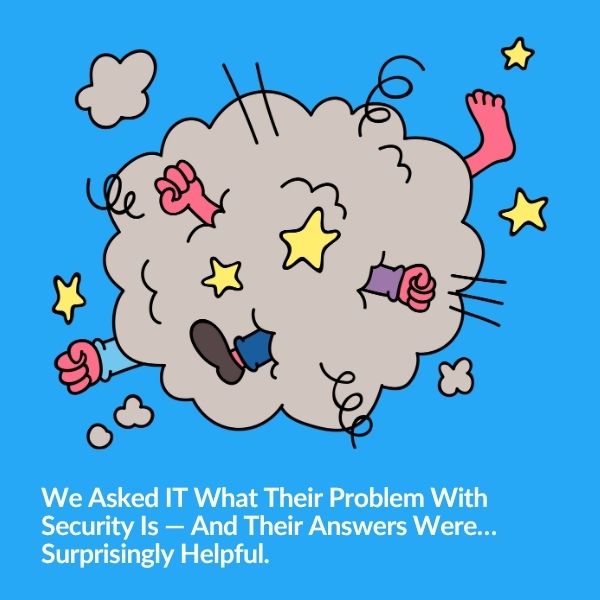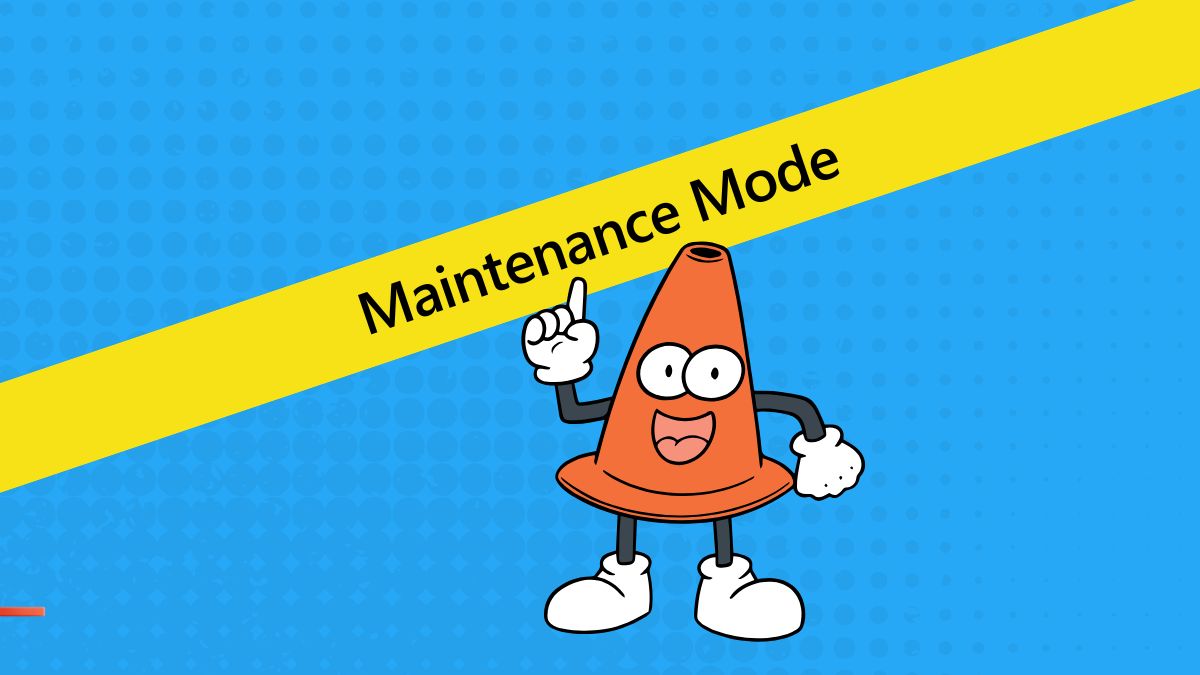
Security and IT often feel like they're speaking different languages—but they’re really solving the same problem from opposite ends. Based…
Body camera footage is often key to resolving incidents in law enforcement. However, it can be challenging to stay compliant with various laws because surveillance and retention requirements can vary widely. When it comes to video retention, there are usually specific guidelines for how long video must be stored. In addition, certain types of incidents may require a longer retention period. Let’s take a look at the different areas of video retention compliance for law enforcement.
In Georgia, video recordings from body-worn devices or inside law enforcement vehicles need to be retained for 180 days.
The NYPD also has strict requirements when it comes to video recording and retention. They retain all recordings from body cameras for 18 months. In addition to that, body camera footage of significant incidents and arrests is retained even longer.
With new legislation that went into effect in 2021, seven states now mandate the statewide usage of body-worn cameras in law enforcement (Colorado, Connecticut, Illinois, Maryland, New Jersey, New Mexico, and South Carolina). The new mandates also include video retention requirements, which vary by state.
According to the NCSL, “Colorado requires footage to be released to the public within 21 days after a complaint is received, but that can be increased to 45 days if footage could compromise an investigation.” In contrast, Illinois requires footage to be “maintained for a minimum of 90 days and two years if flagged” and South Carolina requires footage to be kept for a minimum of 14 days.
To catch the nuances in your own state and for the most up-to-date information regarding your state’s video retention requirements, visit the Policing Legislation Database.
Strict video system standards are also common for correctional facilities. While these may be different across the country, compliance with these standards is critical. They play a big role in maintaining safety for both the inmates and law enforcement inside jails.
For example, we can look at the “General Records Retention Schedule” adopted by the State of Washington. This schedule specifies that security recordings of agency facilities and grounds be retained as an official copy for a period of 30-days. However, in California the requirements are different. In this state, video recordings from jails are destroyed after one year.
Despite these differences, most states share one thing in common. Video recordings must be retained if there is a request to use the footage as evidence during litigation. To understand what the specific requirements are for your area, review the local government code for video surveillance, retention, and destruction of city records.
Video is also an important tool for organizations during PREA audits. According to the National PREA Resource Center, all documentation must be preserved while making a determination:
“The auditor shall retain and preserve all documentation (including video tapes) relied upon in making audit determinations. Such documentation shall be provided to the Department of Justice upon request.”
Similar to when a longer retention period may be required during litigation, in the event of an audit, law enforcement personnel may be required to present video recordings.
Almost every state has specific video retention requirements, and these requirements can change quickly. This is why it is critical to use up-to-date video capture technology that can adapt to changes. In addition, keeping a strong and healthy VMS system ensures your video footage is there when you need it for recurring events such as PREA audits.
Using the right technology can make law enforcement video retention simple. When law enforcement agencies use products like The Boring Toolbox, they can rest assured that their video surveillance systems are meeting retention requirements and storing relevant video footage in an organized way.
For example, The Boring Toolbox allows you to run a VMS retention audit with just a few clicks, eliminating the need to second-guess your compliance with new retention regulations.
And, if you manage multiple sites in a facility or department, The Boring Toolbox’s streamlined multi-site management system allows you to stay on top of the health of every site from one global dashboard.
Want to try all these benefits out for yourself in your own law enforcement facility? Try a 30-day free trial of the Boring Toolbox.

Your go-to XProtect eXPerts. We learn the technical stuff that will save you time and make it less boring.

Your go-to XProtect eXPerts. We learn the technical stuff that will save you time and make it less boring.
Sign up for a 30 Day Free Trial of The Boring Toolbox and start using our time-saving features today.
Sign up for our [NOT so] Boring Newsletter to get a monthly dose of XProtect tips, security trends, and a touch of humor delivered directly to your inbox.

Security and IT often feel like they're speaking different languages—but they’re really solving the same problem from opposite ends. Based…

Tired of getting pinged for problems you’re already fixing? Maintenance Mode helps you suppress alerts, clean up your dashboard, and…

Use The Boring Toolbox scheduled reports to keep stakeholders informed—without creating extra work for yourself.
Subscribe to get a monthly dose of security & surveillance industry news and insights, Milestone VMS time-saving tricks, tips for hacking your way out of boring work sent directly to your inbox!